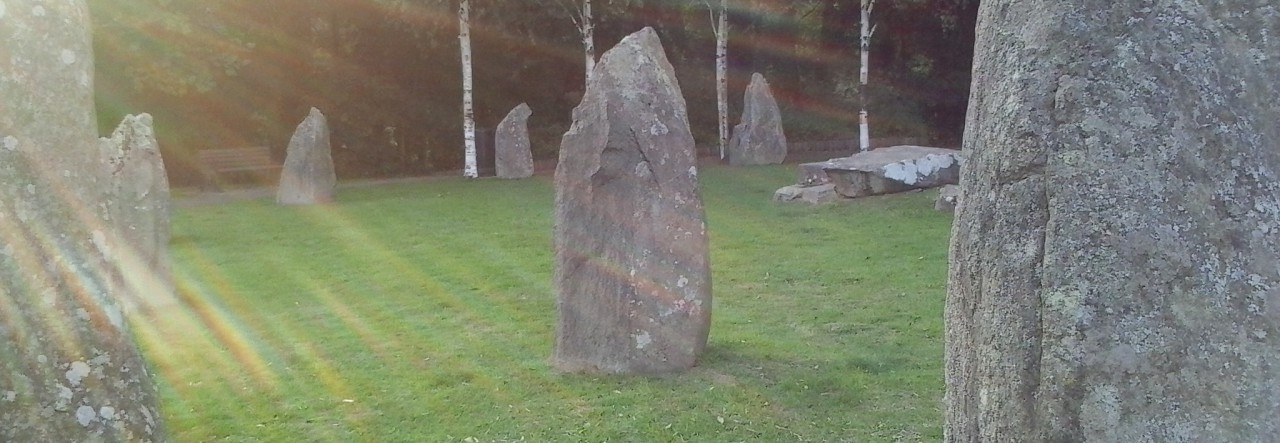
With Joan Aiken’s The Stolen Lake I am continuing my exploration of Dido Twite’s voyages and the world as it was in James III’s day, during the 1830s. This is in the nature of a taster post as I shall of course be reviewing this, the fourth of the Wolves Chronicles, and discussing the geography, history, people and peculiarities of this alternate world. Joan tells us in her prefatory note
Everybody knows that the Ancient British didn’t migrate to South America when the Saxons invaded their country; this is just my idea of what it would have been like if they had. But Brazil did get its name from the old Celtic idea that there was a beautiful magic country called Breasal’s Island, Breasail, or Hy Brasil, somewhere out in the Atlantic, west of Ireland, where the sun sets.
I would only dispute that the country of Brazil derives its name from this mythical land — it’s actually from the Portuguese pau-brazil, the red brazilwood tree — but it’s true that belief in this land, downgraded now to an island, persisted until the mid-19th century.*
The note also informs us that this book “follows the adventures of Dido Twite, after she sets sail for England at the end of Night Birds on Nantucket, and before she gets there, in The Cuckoo Tree.” But Joan calms us by reminding us that this is “a separate story, and you don’t need to have read any of the others to understand it.”
